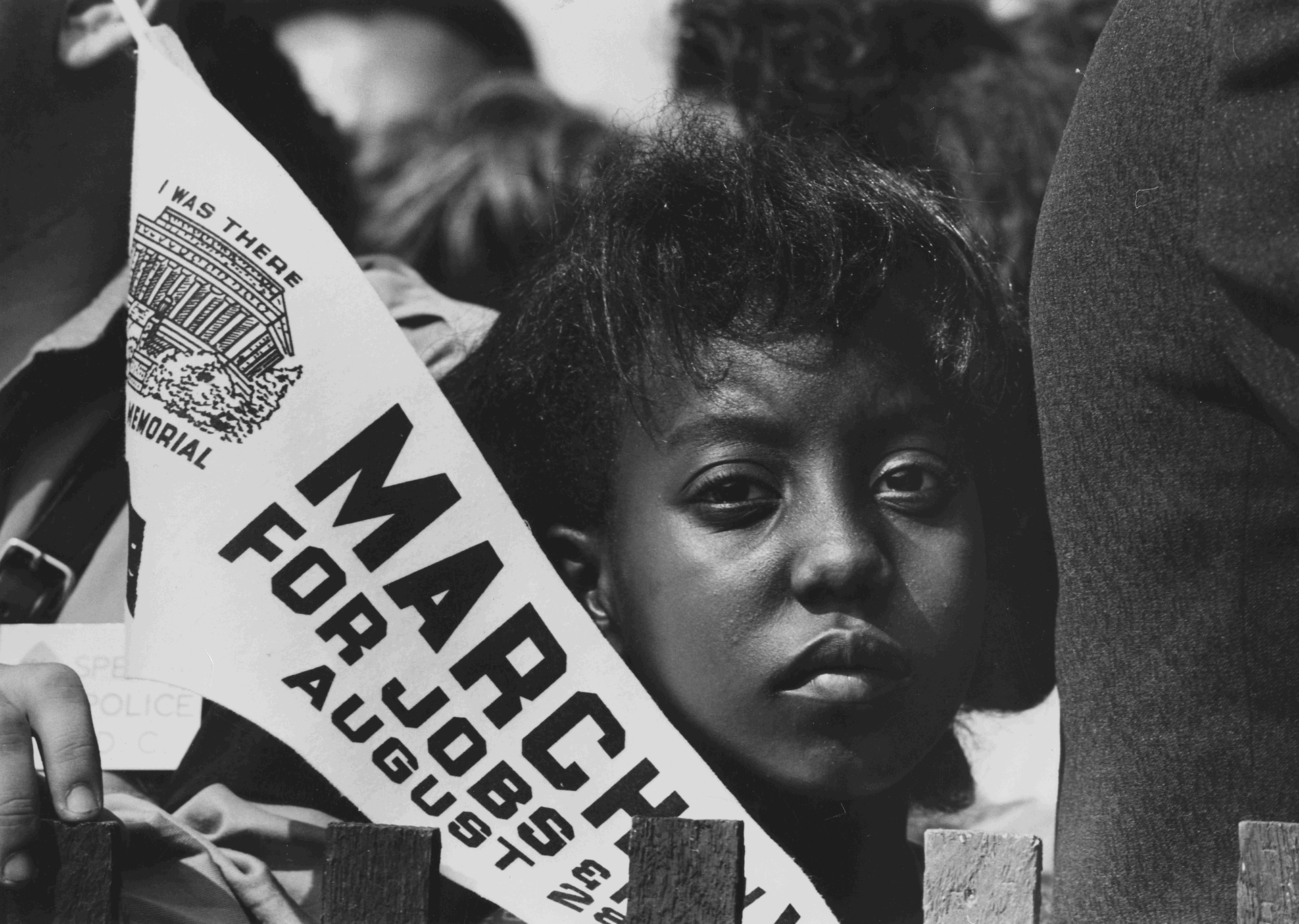I recently read an article about structural segregation in the healthcare system and its effects on black expecting mothers. According to the article, “black infants in America are now more than twice as likely to die as white infants — 11.3 per 1,000 black babies, compared with 4.9 per 1,000 white babies”. The mortality rate among black infants is higher today than in the 1850, 15 years before the end of slavery. This says a lot about how structural segregation impacts the living conditions of African Americans, especially when it comes to the matter of life and death.
Further investigation shows that this is not a class problem. In fact, many well-educated middle-class African American women find themselves struggling with pregnancy-related problems. Research on maternal mortality has shown that black mothers are prone to suffer from chronic stress as a result of societal and systemic racism, leading to issues such as hypertension and pre-isclampsia. However, taking a step further from the seemingly de facto personal racism, de jure practices of segregation in the healthcare system prevent black women from receiving the help they need in order to cope with problems during their pregnancy. The racial bias in healthcare is manifested in the tendency of doctors to dismiss concerns and symptoms of black mothers on the grounds that they are self-inflicted. They tend to blame the high mortality rate on the women, who are often seen as poor and uneducated. This inevitably leads to the assumption that problems with her pregnancy are because of bad habits like smoking, drinking, drug abuse, and other issues traditionally associated with being black.
This is just one of the many examples of how structural segregation still effects the lives of African Americans in an era often considered as post-segregation. The importance of acknowledging de jure segregation rather than brushing it off as personal prejudice ultimately lies on the fact that we can always do something more, rather than resting on our laurels and gloating on the perceived victory of the past.
Why America’s Black Mothers and Babies Are in a Life-or-Death Crisis
